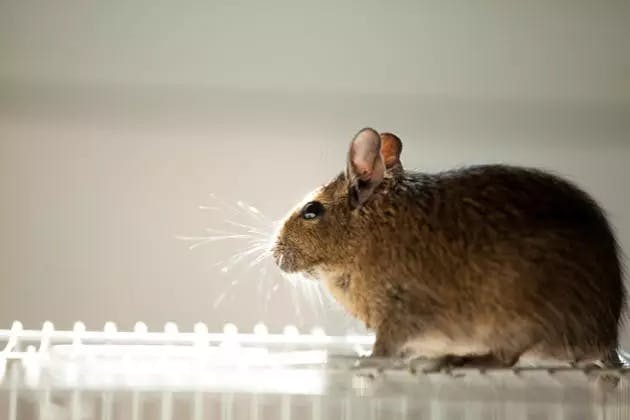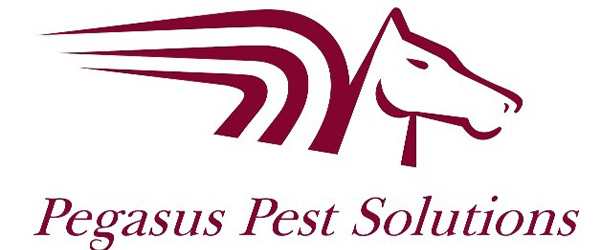The increasing presence of pests in UK homes has become a significant concern for homeowners and tenants alike. Recent surveys indicate a sharp rise in domestic pest infestations, with urban areas particularly affected. This surge isn't just about the occasional spider or house mouse – we're seeing more serious infestations of rats, bedbugs, and cockroaches in residential properties across Britain's towns and cities.
The problem extends beyond mere nuisance, presenting real risks to both property integrity and family health. As our homes become inadvertent havens for urban pests, understanding why this is happening and how to address it has never been more crucial.

Understanding the Surge in Domestic Pest Problems
The landscape of UK housing has undergone significant changes in recent years, directly impacting the prevalence of pest problems. The trend toward high-density housing developments has created new opportunities for pests to thrive and spread between properties. This situation is further complicated by the increasing number of home renovations, which often expose hidden pest problems that have developed over years or even decades. Modern building techniques, while advanced in many ways, can inadvertently create new entry points and habitats for pests, particularly in the complex network of cavities and service areas that characterize contemporary homes.
The rise in multi-occupancy housing has also played a crucial role in the spread of pests, as these properties often provide perfect conditions for infestations to move between living spaces. Changes in home heating patterns have created year-round pest-friendly environments, while modern food storage and waste management habits can inadvertently provide sustainable food sources for unwanted visitors.
Common Household Pests in UK Homes
Modern British homes face particular challenges with rodents, especially rats and mice. These adaptable creatures find numerous ways into domestic spaces through poorly maintained drainage systems, gaps in building foundations, and extensive loft spaces and wall cavities. Garden storage areas have become particularly problematic, often serving as stepping stones for pests to access the main living space. The impact of rodent infestations can be severe, ranging from damage to electrical wiring (creating fire risks) to contamination of food storage areas and structural damage to buildings.
The resurgence of bedbugs in UK homes has been particularly dramatic, driven by several interconnected factors. International travel has increased the spread of these persistent pests, while the growing second-hand furniture trade has provided new vectors for infestation. The development of pesticide resistance has made traditional treatment methods less effective, and the increasing density of urban housing has created perfect conditions for bedbugs to spread between properties.
Cockroach infestations have also become more prevalent in urban homes, facilitated by central heating systems that provide ideal conditions year-round. The interconnected nature of modern properties, combined with the increase in food delivery services and packaging waste, has created new opportunities for cockroach populations to establish themselves. These pests have shown remarkable adaptability, developing resistance to many traditional control methods.
Health Implications for UK Households
The health implications of pest infestations in UK homes are significant and varied. Direct health risks include the triggering of asthma from cockroach and mouse allergens, bacterial infections from contaminated surfaces, and the often-overlooked mental health impact of persistent infestations. Sleep disruption from nocturnal pest activity can have serious long-term effects on residents' wellbeing and daily functioning.
Property damage represents another serious concern, with pests causing deterioration of building materials, compromising insulation, and damaging personal belongings. The financial impact extends beyond repair costs, as properties with known pest problems often see significant reductions in their market value.
Best Practices for UK Homeowners
Effective pest management in UK homes requires both immediate action and long-term planning. Property owners should establish regular inspection routines, paying particular attention to vulnerable areas such as kitchens, bathrooms, and roof spaces. Professional partnerships can provide expert guidance and prompt intervention when problems arise, while community cooperation often proves essential in preventing reinfestation.
Environmental management plays a crucial role in long-term pest control success. This includes maintaining proper drainage, managing vegetation around the property, and ensuring that waste storage facilities are secure and well-maintained. Regular property maintenance, including the sealing of potential entry points and repair of damage, helps create an environment that discourages pest establishment.
FAQs
Contact Our Pest Professionals
For local and reliable pest control services across Portsmouth, Fareham, Gosport & Petersfield, contact us at 07501702101 or 02393092101 and we'll be happy to help!


